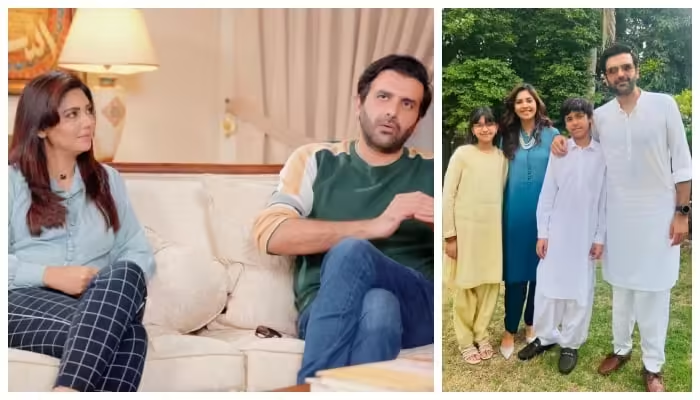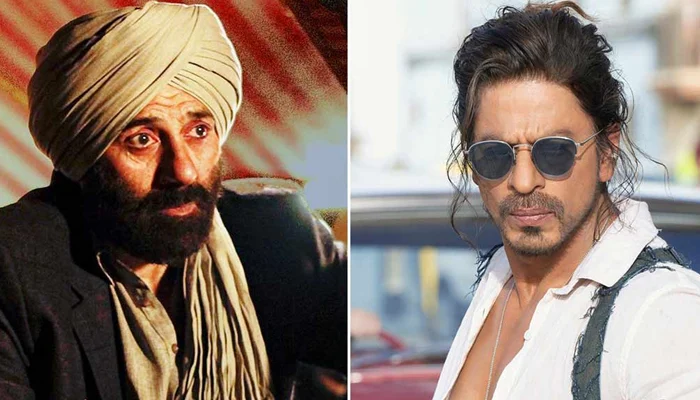Pakistani actor Hasan Ahmed and his wife, actress and model Sunita Marshall, recently opened up about their interfaith marriage and the religious upbringing of their children during a podcast with renowned former actress and beautician Musarat Misbah. The couple delved into the complexities of their differing religious backgrounds and how they have navigated this dynamic in their family life.
Hasan Ahmed, a Muslim, and Sunita Marshall, a Christian, have been married for several years. They shared their thoughts on raising children in a household with two different religious traditions. Hasan Ahmed stated unequivocally that their children would be brought up as Muslims. He expressed confidence that his children would not adopt Christianity, saying, “My children will become followers of Islam. I do not think that my children will adopt Christianity.”
Sunita Marshall echoed her husband’s sentiments, explaining that they had reached an agreement on their children’s religious upbringing before they got married. She said, “Matters related to the religion of our children are very easy for us. We had already decided before marriage that the children will become followers of Islam.” She emphasized the importance of providing a clear religious direction for their children to prevent any confusion arising from their parents’ different faiths. “Even before the marriage, I had decided that our children would follow one religion instead of being confused between two different religions. The children would follow their father’s religion.”
During the podcast, Musarat Misbah posed a thought-provoking question: “If your children go abroad to study and on their return they say that they want to follow Christianity and not Islam, what will be your reaction?” Hasan Ahmed responded with a firm conviction in his faith. He said, “I have full faith in religion. If you want something with good intentions, then it happens, so your question is over. I am a religious person. I have great faith in religion and beliefs, and I know this will never happen in the future.”
Despite his strong beliefs, Hasan Ahmed acknowledged the possibility, however remote, that his children might choose a different path. He said, “If my children become followers of Christianity instead of Islam, what should I do? I’ve prepared for this question, but I’m sure it won’t happen.” He added that he would not react with anger if his children chose Christianity. Instead, he would engage them in a reasoned discussion. “If this happens, I will not be angry with my children, but I will talk to them with arguments because my daughter is a very intelligent and logical child.”
The couple’s candid discussion sheds light on the delicate balance required in interfaith marriages, particularly when it comes to raising children. Their approach underscores the importance of mutual respect, understanding, and pre-marital agreements on critical issues such as religion.
Hasan Ahmed and Sunita Marshall’s openness about their interfaith marriage and their children’s religious upbringing provides a valuable perspective on navigating religious differences in a family. Their commitment to raising their children with a clear religious identity while maintaining a respectful dialogue about faith illustrates a thoughtful and pragmatic approach to interfaith family life.



